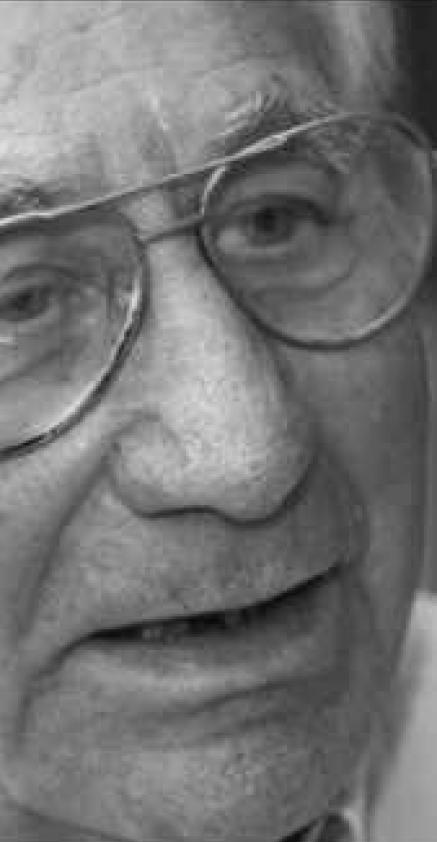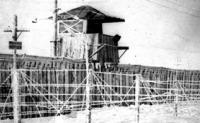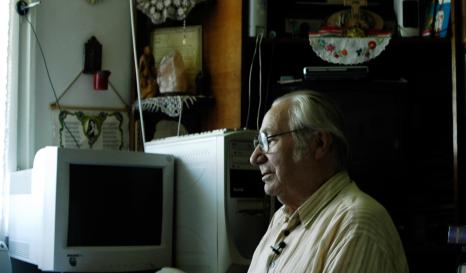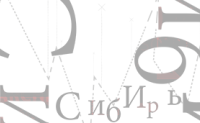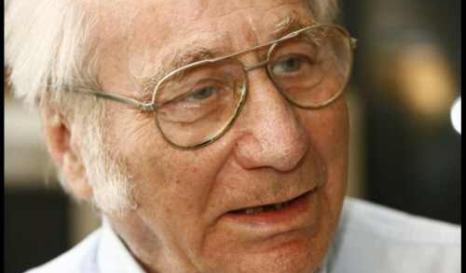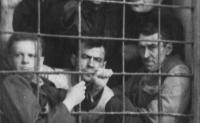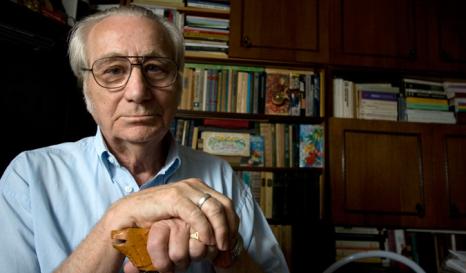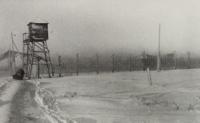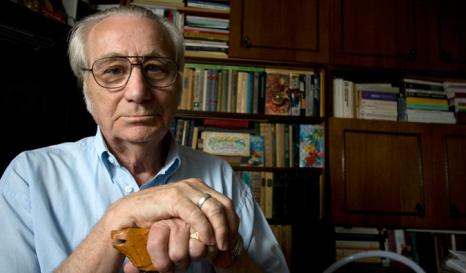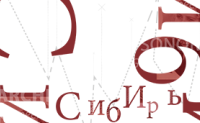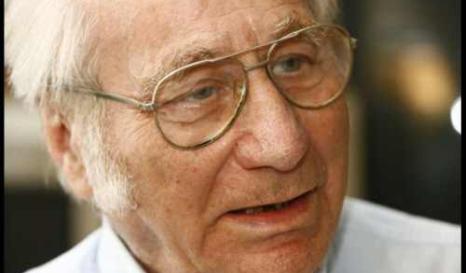BioGraphy
Janos ROZSAS
János Rózsás was born into a working-class family in Budapest in August 1926. From his earliest youth he loved books and had a talent for languages, but he had to leave school at 14 to provide financial help for his family.
He was sent to the front against the Red Army at 18, was quickly taken prisoner and sentenced for high treason to ten years’ forced labour and exile for life in the USSR. He did not understand his sentence but felt relieved because he thought he was going to be executed. He was sent first to Odessa, then to the Ukrainian camps at Nikolayev (Mykolaiv) and Kherson, where he learnt Russian in a few months. In 1946, he was moved to a camp in the northern Urals where he just survived in atrocious conditions of cold and hunger, or rather, he said later, he lived “trying to build a little world around me with books. It was important to dream, to rise above reality. I would spend my nights reading secretly and then I followed with days of work.” In 1949, he was sent to Kazakhstan, where he met and made friends with Solzhenitsyn, thanks to a passion for Russian literature and culture that was unusual for a Hungarian imprisoned in the Gulag.
In 1954, he was amnestied and returned to Hungary. There he started writing about his nine years in the camps, as he had decided to do long before his release, if he survived. He also began another long-term project: with his knowledge of Russian he undertook to write rehabilitation requests for hundreds of his fellow Gulag prisoners. His memoirs were published in Munich in 1987 and translated into English and German. Despite the cold, the hunger, the humiliation and the violence, Mr Rózsás says, “I do not regret my nine years in the Gulag. If I had to do them again, I would. I met people and learnt such interesting things!” and adds, concerning Russia, “I feel homesick for that country that I love so much, that is where I spent my youth.”
The interview with Janos Rozsas was conducted in 2009 by Anne-Marie Losonczy and David Karas.


